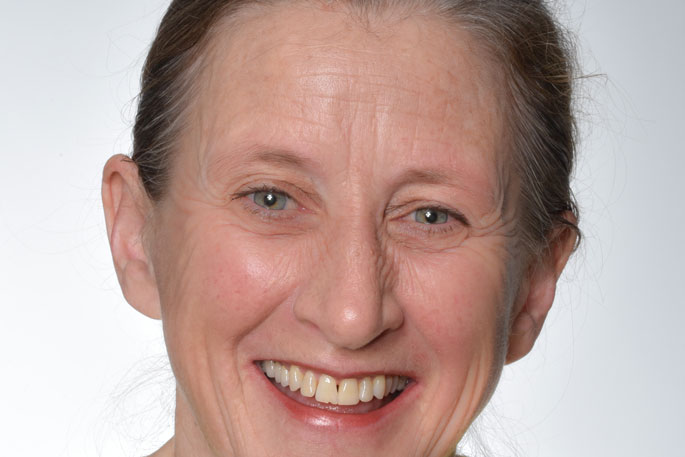Families have shared heartbreaking and poignant stories with researchers about the deaths of their loved ones in Wellington Hospital during the Covid-19 Alert Level 3 and 4 lockdowns in 2020 when district health boards were restricting visitors to wards.
The researchers interviewed the next of kin of 22 patients, who died in the General Medicine wards at Wellington Hospital from March 22 to April 27, 2020.
Only one of the patients died of Covid-19.
Their findings are published in the New Zealand Medical Journal.
Under the Capital and Coast District Health Board's restricted visitor policy no visitors were allowed at hospital during Level 4, except on compassionate grounds as determined by a senior doctor and ward clinical nurse manager.
Under Level 3, one visitor from the patient's bubble was allowed into the hospital, provided they had no Covid-19 contacts or symptoms.
Dr Sinéad Donnelly, a palliative care specialist at Wellington Hospital and Senior Lecturer at the University of Otago, Wellington, says the family members interviewed talked of their sadness at their loved ones dying alone, and of missing the opportunity to say goodbye.
One of those interviewed commented: 'If one of us could have been with (Dad) at the end, that would have meant everything to us.”
Another talked of feeling sad and guilty that her loved one had died alone, saying: 'That was the hard part about it … I just feel sad that she was alone. That could have been done differently.”
Video visits by Zoom for family were used in the intensive care unit for the patient who died of Covid-19, but were not offered for patients dying on the wards.
Many of the family members spoke of their difficulty in getting information about the patient from medical staff. One commented: 'She needed me. They said they would tell me when something changed. They never rang me. I rang them three or four times.”
On the positive side, many of those interviewed mentioned the high quality care their family members had received from nursing and medical staff, and Māori whānau appreciated hospital staff understanding the importance of tikanga Māori relating to dying and death practices, and incorporating these into the care of the patient.
 Dr Sinéad Donnelly. Supplied photo.
Dr Sinéad Donnelly. Supplied photo.
Dr Donnelly says the findings underscore the importance of family being able to be with relatives at the time of death, and for pandemic policies to prioritise the needs of family and hospitalised patients who are dying.
'There are compelling reasons to expand access for family members to their loved ones as they near the end of life, despite the risk of infection. Separation from the patient, the absence of normal death rites and the disruption of social support networks all place families at risk of experiencing chronic grief.”
The researchers say hospitals should adopt a range of measures to improve the care provided in a pandemic to family and hospitalised patients who are dying.
They include supplying access cards to the family of dying patients to prevent them being repeatedly asked about the reasons for their visit; organising daily telephone or Zoom calls between doctors and family; emailing photos of hospital staff and the patient's room to family; allowing two people rather than one at the bedside; making sure a bereavement family coordinator is available to keep in touch with family members; conducting follow-up telephone calls with family after the death; and ensuring tikanga around dying and death for Māori are known, understood and accommodated.
'During a pandemic, cutting back on support structures for the dying and bereaved will cause significant distress and harm. We need to create wiser, more compassionate policies now for future pandemic situations,” Dr Donnelly says.

.jpg)

0 comments
Leave a Comment
You must be logged in to make a comment.